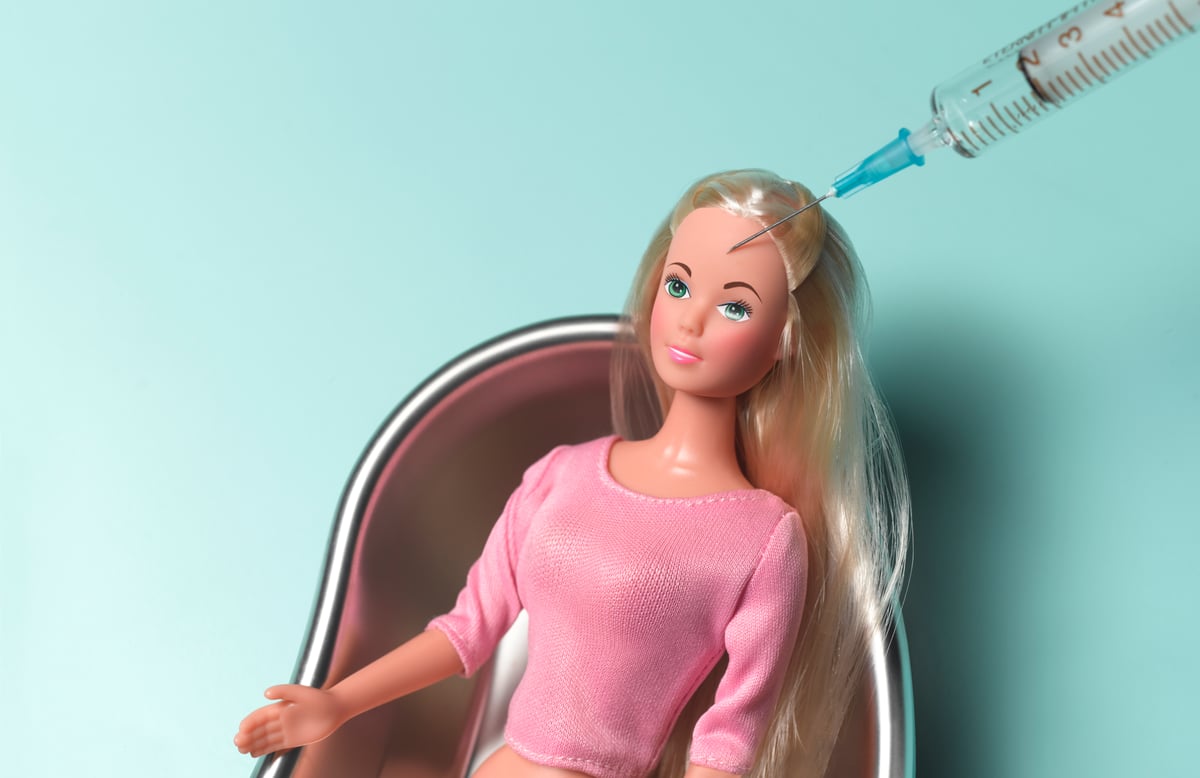
As a curve model and digital creator, Shani Chantel has been exposed to all that the industry has to offer - including free cosmetic procedures.
"I had a cosmetic partner reach out to me a few years ago and they offered a vaginal tightening treatment. I had been open on my social media about experiencing incontinence following childbirth, so this was a treatment for that," she tells Mamamia.
"The cosmetic partner offered me the $4000 treatment in exchange for a series of Instagram posts, stories and reels. For me it was really helpful for my incontinence. I just knew that without collaborating, I wouldn't have been able to afford the treatment at the time."
Watch: a cosmetic physician's perspective. Post continues below.
Shani has also previously received anti-wrinkle injections and lip injections following this same avenue.
For content creators, she says these sorts of treatments are offered to them constantly - the difference among some in the influencing industry though is who chooses to be transparent about it.
Top Comments